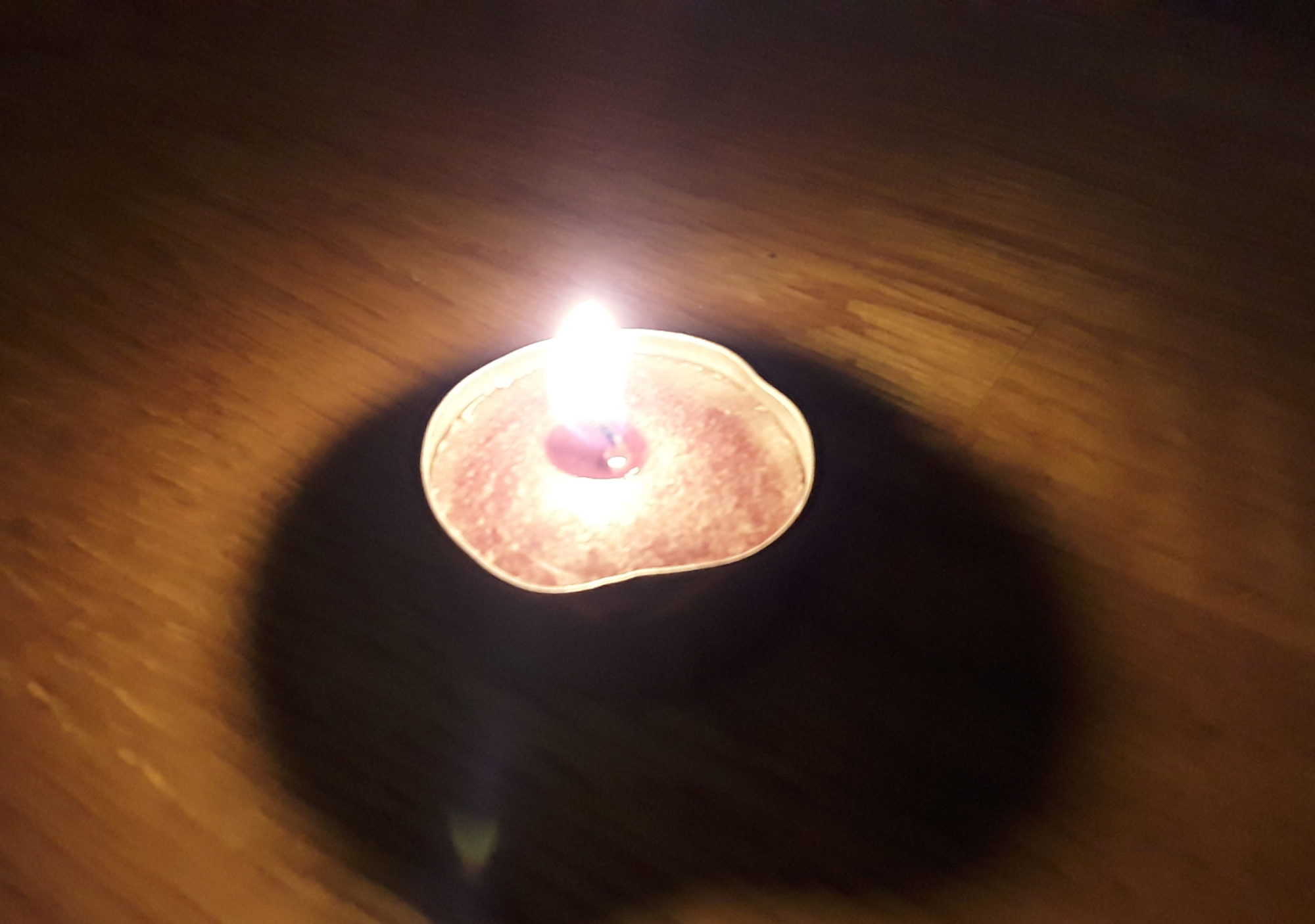Proper 22
Job 1:1, 2:1-10
Psalm 26
Hebrews 1:1-4, 2:5-12
Mark 10:2-16
In the readings this week we seem to be pulled in many different directions. However, there is at least one thing that they all have in common and that is joy. As the dictionary defines it “a feeling of great pleasure and happiness”.
In the reading from the book of Job, Satan argues that Job is happy with God because Job is prospering and happy. So God tells Satan to go ahead and make Job miserable but not to take his life. Job then accepting his Satan given illness goes and sits in the ashes, which was a common practice in those times. His wife seems to argue how can you accept this, and urges Job to forsake God so that he can be well. Often times I think we are like Job’s wife ‘go fix this’, ‘move on’, instead of embracing our current reality without needing to fix it right away. This is finding joy at present.
The reading in Mark has the disciples asking about divorce, which was allowed by Moses. Jesus in his usual way does not give a clear yes or no answer, in part because relationships are rarely black and white. Instead Jesus addresses the reason for the divorce. Is it because a person wants to marry someone else? If so that is unfaithfulness. Otherwise Jesus says nothing more on the subject of divorce. As with most things Jesus does not go to the easy answer, but instead examines the motive of one’s heart. What is Job’s wife’s motive? The fear of outcast and their household being shamed. Job is afterall in no mortal danger. What is Job’s motive? To endure, to continue to have faith in his creator. This is finding joy in perserverance, or enduring, or looking at the big picture, not a small piece.
The Hebrews reading today talks about human beings “What are human beings that you are mindful of them, or mortals, that you care for them? You have made them for a little while lower than the angels; you have crowned them with glory and honor, subjecting all, things under their feet.” Part of being the creator we have seen in the Job reading this morning is taking joy in one’s creation. Whether that is a work of art that we have made, or God delighting in us. As the stewards of “all things under our feet”, the earth, plants, animals we too are to find delight in creation, the people and world around us. This is the final joy of creation.
This week as we approach Thanksgiving I invite you to consider the joys of the present, the joys of preserving when there isn’t joy in the present moment, and the joy of creation. Amen.
